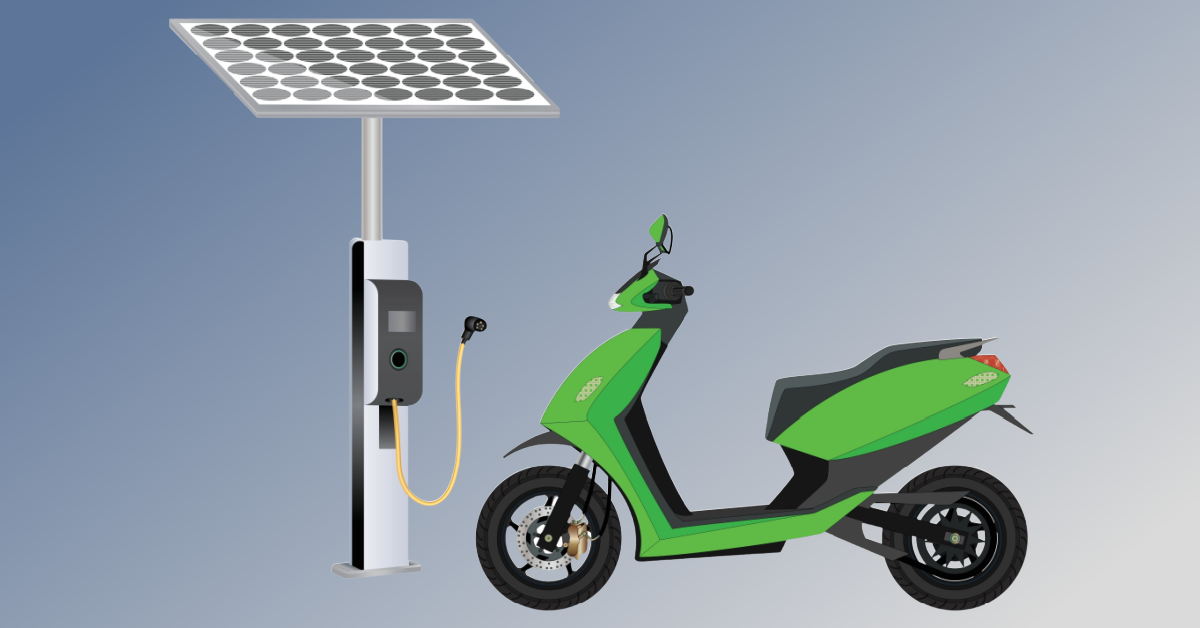The panel led by the Additional Secretary was set up to probe the purported FAME-II scam
The committee, which has been investigating the matter over a period of time, has released the initial findings of its report
The committee has concluded that the notifications and guidelines pertaining to the scheme were unambiguous and comprehensively understood
A high-level government panel formed by the Union Ministry of Heavy Industries has held that companies knowingly defaulted the Faster Adoption and Manufacturing of Electric (& Hybrid) Vehicles in India (FAME-II) guidelines, despite the norms being ‘very clear’.
The panel led by the Additional Secretary was set up to probe the purported FAME-II scam and the role of government officials responsible for the Faster FAME-II subsidy irregularity, as per media reports.
The committee, which has been investigating the matter over a period of time, has released the initial findings of its report.
After meticulous examination of all notifications and guidelines, along with consultations with pertinent testing agencies and officials from the automotive section of the Ministry of Heavy Industries (MHI), the committee has concluded that the notifications and guidelines pertaining to the scheme were unambiguous and comprehensively understood by all pertinent stakeholders, including testing agencies, original equipment manufacturers (OEMs), and the MHI.
Regarding the matter of localisation requirements, the panel has asserted that the timelines for localisation were established through thorough consultations with all stakeholders, including industry participants and testing agencies.
Furthermore, the panel noted that the testing agencies in question adhered to a uniform and consistent procedure throughout the investigation process. “This report has been accepted by the competent authorities,” an official said as quoted in the report.
The latest report committee has also criticised the December 2023 report, calling it vague, incomplete, and riddled with numerous shortcomings and contradictions. Among the criticisms leveled against it are the failure to adequately consider the scheme guidelines and the omission of any examination of relevant officials.
The FAME-II scheme, launched in 2019 with a total outlay of INR 10,000 Cr, was aimed at increasing EV adoption in the country by supporting 10 Lakh electric two-wheelers, 5 Lakh electric three-wheelers, 7,000 electric buses, and 55,000 electric four-wheeler passenger cars through subsidies.
The government found that many EV two-wheeler manufacturers claimed subsidies without adhering to mandatory localisation norms.
Following the findings of wrongdoings, the MHI also cut incentives under the FAME-II scheme to 15% of the ex-factory price of a two-wheeler EV from 40% earlier. It also slashed the demand incentive to INR 10,000/kWh from INR 15,000/kWh previously.
Disclaimer
We strive to uphold the highest ethical standards in all of our reporting and coverage. We StartupNews.fyi want to be transparent with our readers about any potential conflicts of interest that may arise in our work. It’s possible that some of the investors we feature may have connections to other businesses, including competitors or companies we write about. However, we want to assure our readers that this will not have any impact on the integrity or impartiality of our reporting. We are committed to delivering accurate, unbiased news and information to our audience, and we will continue to uphold our ethics and principles in all of our work. Thank you for your trust and support.



![[CITYPNG.COM]White Google Play PlayStore Logo – 1500×1500](https://startupnews.fyi/wp-content/uploads/2025/08/CITYPNG.COMWhite-Google-Play-PlayStore-Logo-1500x1500-1-630x630.png)